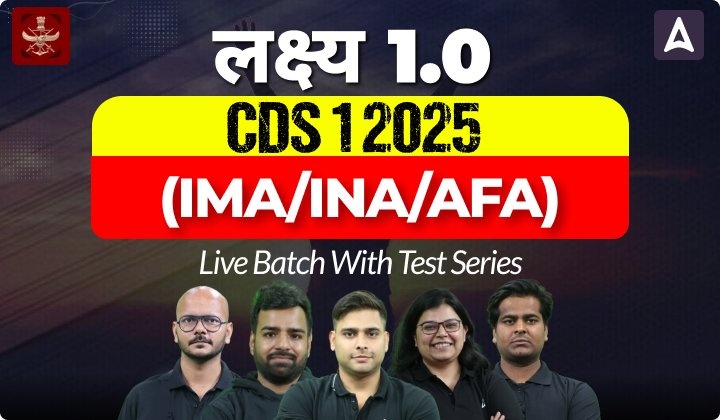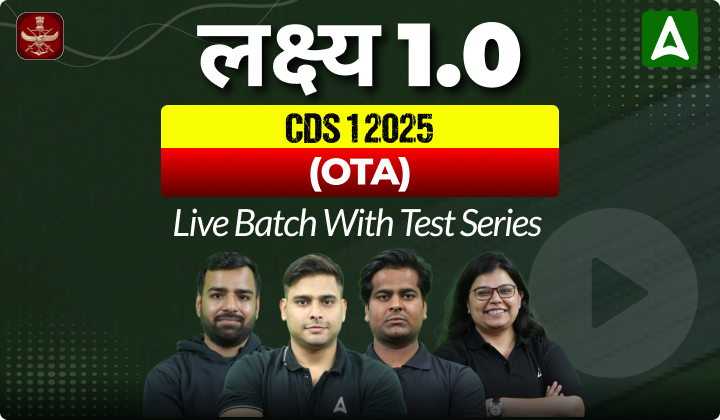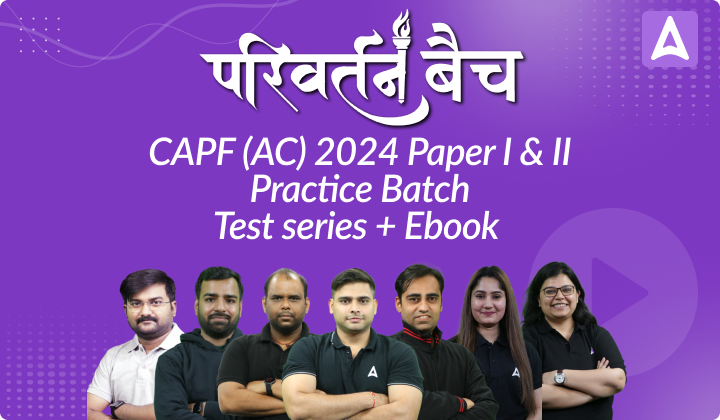Indian Army Motto
The motto of the Indian Army is ‘service before self and the objective of the national army is to ensure national security and national harmony. The duties of Indian Amry include safeguarding the nation from external aggression and internal threats, and maintaining peace and security within its territory. War Cry of the Indian Army is Jai Hind, Bharat Mata Ki Jai, Vande Mataram. Indian Army is one of the most powerful and biggest armies in the world. Current Chief of Indian Amry is General Manoj Mukund Naravane.
As we know that there are various regiments in the Indian Army and every regiment has its own motto and war cry. Regiments of the Indian Army originated during the colonial era under British rule. With the aim of administering every part of India in an efficient manner, the British took the help of locals to form a force under their command. Regiments were established on the lines of military history, ethnicity, and caste. Each regiment is distinguished on the basis of uniform, tradition, ceremonies, and regimental pride.
Among all, Madras Regiment in 1758 is considered to be the earliest Infantry Regiment formed before the independence of India.
List of Indian Army Motto Military Unit Wise
| Regiment | Active From | Regimental Center | Motto |
|---|---|---|---|
| Madras Regiment | 1758 | Wellington, Tamil Nadu | “Swadharme nidhanam shreyaha” (“it is a glory to die doing one’s duty”) |
| Rajputana Rifles | 1775 | Delhi Cantonment, Delhi | “Veer bhogya vasundhara” (“the brave shall inherit the earth”) |
| Rajput Regiment | 1778 | Fatehgarh, Uttar Pradesh | “Sarvatra vijay” (“victory everywhere”) |
| Dogra Regiment | 1877 | Ayodhya, Uttar Pradesh | “Kartavyam anvatma” (“duty before death”) |
| Sikh Regiment | 1846 | Ramgarh Cantonment, Jharkhand | “Nischay kar apni jeet karon” (“with determination, I will be triumphant”) |
| Jat Regiment | 1795 | Bareilly, Uttar Pradesh | “Sangathan va veerta” (“unity and valour”) |
| Parachute Regiment | 1945 | Bengaluru, Karnataka | “Shatrujeet” (“the conqueror”) |
| Punjab Regiment | 1761 | Ramgarh Cantonment, Jharkhand | “Sthal wa jal” (“by land and sea”) |
| The Grenadiers | 1778 | Jabalpur, Madhya Pradesh | “Naam, Namak, Nishan” (“Name, Salt,Mark”) |
| Sikh Light Infantry | 1944 | Fatehgarh, Uttar Pradesh | “Deg teg fateh” (“Victory to charity and arms”) |
| Maratha Light Infantry | 1768 | Belgaum, Karnataka | “Duty, honour, courage” |
| The Garhwal Rifles | 1887 | Lansdowne, Uttarakhand | “Yudhaya krit nischya” (“fight with determination”) |
| Kumaon Regiment | 1813 | Ranikhet, Uttarakhand | “Parakramo vijayate” (“valour triumphs”) |
| Assam Regiment | 1941 | Shillong, Meghalaya | “Assam vikram” (“unique valour”) |
| Bihar Regiment | 1941 | Danapur, Bihar | “veerta se yudh par” (“To war with valour”) |
| Mahar Regiment | 1815 | Saugor, Madhya Pradesh | “Yash sidhi” (“success and attainment”) |
| Jammu & Kashmir Rifles | 1821 | Jabalpur, Madhya Pradesh | “Prashata ranvirta” (“valour in battle is praiseworthy”) |
| Jammu and Kashmir Light Infantry | 1947 | Awantipora, Jammu and Kashmir | “Balidanam vir lakshanam ” (“sacrifice is a characteristic of the brave”) |
| Naga Regiment | 1970 | Ranikhet, Uttarakhand | “Parakramo vijayate” (“valour triumphs”) |
| 1 Gorkha Rifles (The Malaun Regiment) | 1815 | Subathu, Himachal Pradesh | “Kayar hunu bhanda marnu ramro” (“better to die than live like a coward”) |
| 3 Gorkha Rifles | 1815 | Varanasi, Uttar Pradesh | “Kayar hunu bhanda marnu ramro” (“better to die than live like a coward”) |
| 4 Gorkha Rifles | 1857 | Sabathu, Himachal Pradesh | “Kayar hunu bhanda marnu ramro” (“better to die than live like a coward”) |
| 5 Gorkha Rifles (Frontier Force) | 1858 | Shillong, Meghalaya | “Shaurya evam nistha” (“courage and determination”) |
| 8 Gorkha Rifles | 1824 | Shillong, Meghalaya | “Kayar hunu bhanda marnu ramro” (“better to die than live like a coward”) |
| 9 Gorkha Rifles | 1817 | Varanasi, Uttar Pradesh | “Kayar hunu bhanda marnu ramro” (“better to die than live like a coward”) |
| 11 Gorkha Rifles | 1918-1922; from 1948 | Lucknow, Uttar Pradesh | “Yatraham vijayastatra” (“Victory resides where I reside”) |

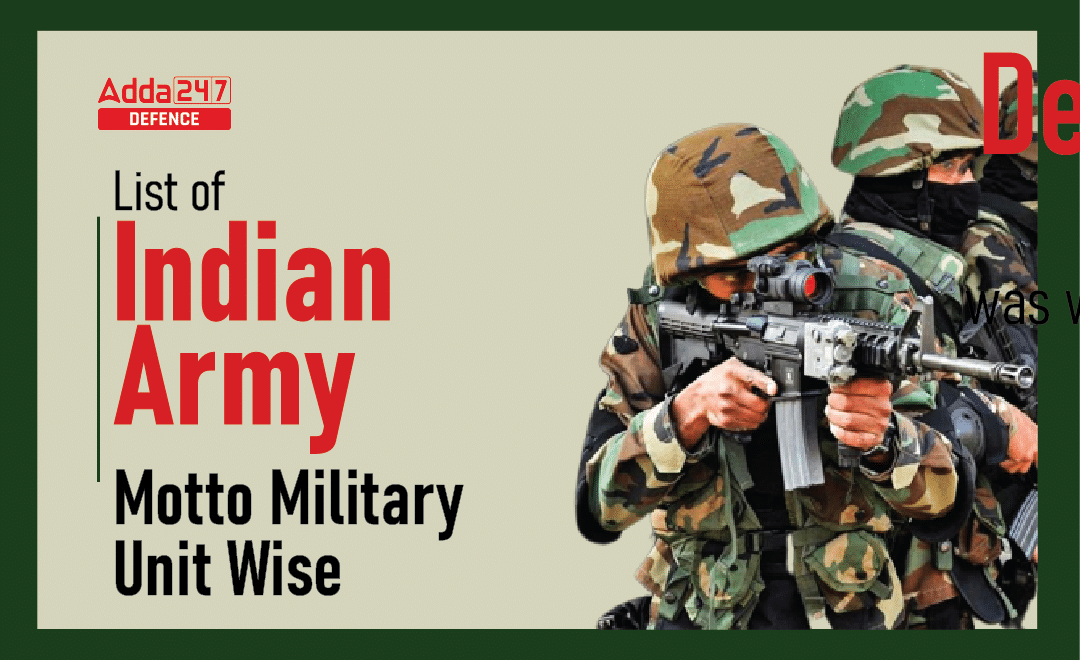


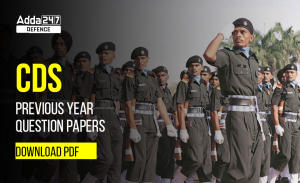 CDS Previous Year Question Papers, Downl...
CDS Previous Year Question Papers, Downl...
 AOC Result 2025 Out, Download Link Activ...
AOC Result 2025 Out, Download Link Activ...
 NDA 1 Admit Card 2025 Out, Download NDA ...
NDA 1 Admit Card 2025 Out, Download NDA ...

